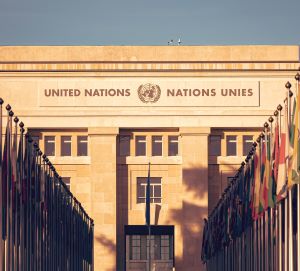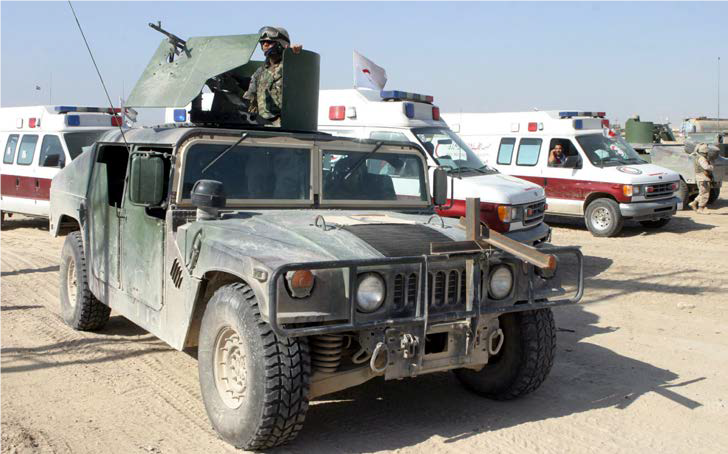Climate Change: Water Resiliency
Faculty Lead: Dr. Stanley Kabala
The impact of climate change on humans is a growing concern within the field of human security. Of particular concern are the effects of changing global weather patterns and atmospheric warming on fresh water resources. The group’s research project falls within the framework of the United Nations’ Sustainable Development Goals related to water resiliency and cities. Working in partnership with ICLEI - Local Governments for Sustainability USA, the goal of this group is to prepare an interactive toolkit that will aid cities in their attempts to become more environmentally resilient and sustainable.
Gender Equality in Public Administration
Faculty Leads: Drs. Müge Finkel and Melanie Hughes
In 2013, the United Nations Development Programme (UNDP) launched GEPA – a research and policy development initiative to collect and make available up-to-date information on gender equality in public administration. Beginning in September 2015, the Ford Institute for Human Security began hosting the GEPA student working group, partnered with UNDP. Led by Finkel and Hughes, working group members collected, evaluated, analyzed, and visualized data on women’s representation in public administration worldwide. For several years, the group has supported the ongoing development of a new global system to track and report data on gender equality in the civil service. In the 2017–2019 academic years, the group focused on the relationship between GEPA data availability and GEPA outcomes as they relate to conflict and peace processes in conflict-affected countries. The group has presented their research to the UN GEPA team in December 2015, May and December 2016, May 2017, November 2017, May 2018, and March 2019. The 2019 spring presentations were held over two days as a part of the 63rd Commission on the Status of Women at the UN Secretariat in New York.
Hacking4Humanity: Human Trafficking
Faculty Lead: Senior Lecturer Julia Santucci
In collaboration with Pitt Cyber in 2018–2019, this working group researched and prepared briefing papers for a multidisciplinary hackathon seeking technical and policy solutions to seemingly intractable social problems. The subject of this year’s inaugural hackathon was human trafficking. The working group identified key challenges related to human trafficking, both locally and globally, and wrote policy primers that shaped the specific challenges that hackathon teams tackled. The working group consulted government officials, advocacy networks, health and human services practitioners, and academic experts to inform its research, and served as subject-matter mentors at the Hackathon. The group is summarizing the Hackathon’s outcomes in a report that will be shared with practitioners both in and out of government.
Humanitarian Intervention
Faculty Lead: Dr. Taylor Seybolt
This 2018–2019 working group surveyed a decade of research on humanitarian military intervention. Group members identified and assessed the most important academic and policy debates about the controversial practice of using foreign military assets to help civilians in zones of violent conflict. The objective of the group was to produce an up-to-date encyclopedia article on the state of the field, to be published as part of the Oxford Research Encyclopedia of International Studies.
Search and Rescue Operations in the Mediterranean Sea
Faculty Lead: Dr. Gemma Marolda
Formed in 2018–2019, this working group researched current and historic missions, actors, and political discourse surrounding migration across the Mediterranean Sea from North Africa. Students analyzed European Union, Italian, and NGO-based search and rescue operations, such as Mare Nostrum and Sophia, and tracked trends in political and social happenings related to Mediterranean migration, specifically in Italy. The group’s objective was to shed light
on the evolving European discourse on migration, border security, and human security.
